Microbes
-
 Microbes
MicrobesHow ‘bugs’ in our bellies impact our health
Gut bacteria can play a powerful role in human health, new studies show. In one, bacteria turned a nutrient in red meat into a chemical that boosts the risk of a heart attack. Another study shows that our genes play a role in whether we are fat or thin, probably by affecting which bacteria prefer to live in our intestines.
-
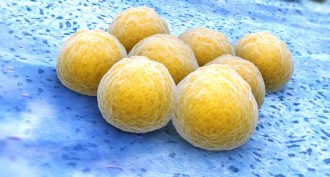 Microbes
MicrobesGerms help each other fend off antibiotics
Drug-resistant bacteria can cause persistent infections. A new study finds these germs fight drugs in different ways. And they can swap various compounds, increasing their neighbors’ chances of overcoming the drugs meant to kill them.
-
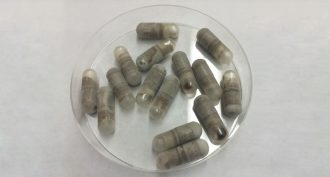 Health & Medicine
Health & MedicinePills of frozen poop fight killer disease
Popping poop pills? Of course it sounds yucky. But researchers find it might just be one of the most effective ways to knock out a very serious — and tough-to-kill — intestinal disease.
By Janet Raloff -
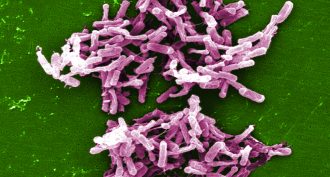 Microbes
MicrobesExplainer: What is C. difficile?
Over the past two decades, these severe bacterial infections have evolved from a no-big-deal occurrence to a common, life-threatening problem.
By Janet Raloff -
 Health & Medicine
Health & MedicineArtificial sweeteners may evict good gut microbes
People use saccharin and other artificial sweeteners to try to stay healthy. A study now suggests such sweeteners might actually cause harm by encouraging the wrong bacteria to grow in our guts.
-
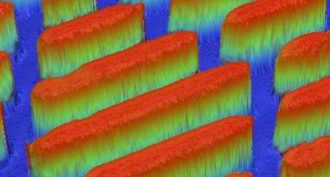 Tech
TechRepelling germs with ‘sharkskin’
A biotechnology company has found a way to repel superbugs without toxic chemicals. It mimics the texture of a shark’s skin.
-
 Microbes
MicrobesRecycling the dead
When things die, nature breaks them down through a process we know as rot. Without it, none of us would be here. Now, scientists are trying to better understand it so that they can use rot — preserving its role in feeding all living things.
-
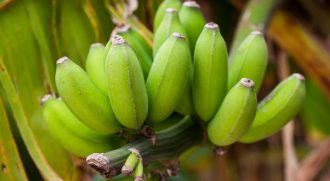 Plants
PlantsSaving the banana
A number of diseases threaten the world’s most popular fruit. Scientists are working to fight these blights. But if they don’t succeed, the sweet banana that’s a breakfast staple could disappear.
-
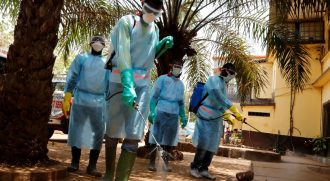 Health & Medicine
Health & MedicineEbola treatments and vaccines could be near
Using experimental medicines against Ebola might help to slow or end an outbreak in Africa that has defied efforts to control it.
By Nathan Seppa -
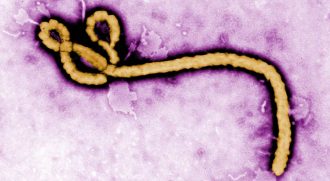 Health & Medicine
Health & MedicineExplainer: What is Ebola?
A virus is behind the hemorrhage-inducing infection called Ebola. It causes fevers and often intense bleeding — seemingly from anywhere and everywhere.
By Janet Raloff -
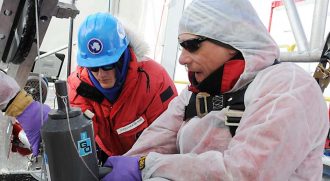 Microbes
MicrobesBuried Antarctic lake teems with life
Last year, scientists drilled 800 meters (roughly a half mile) down through ice to reach a pitch-black Antarctic lake. They now report that lake hosts a thriving community of one-celled microbes.
-
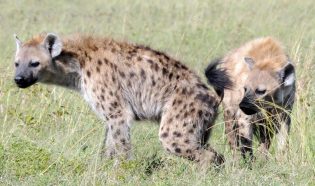 Animals
AnimalsGerms explain some animal behaviors
The bacteria that people and other animals host in and on their bodies are invisible to the eye. Yet they can play a very visible role in behavior. It’s something scientists are just coming to appreciate.